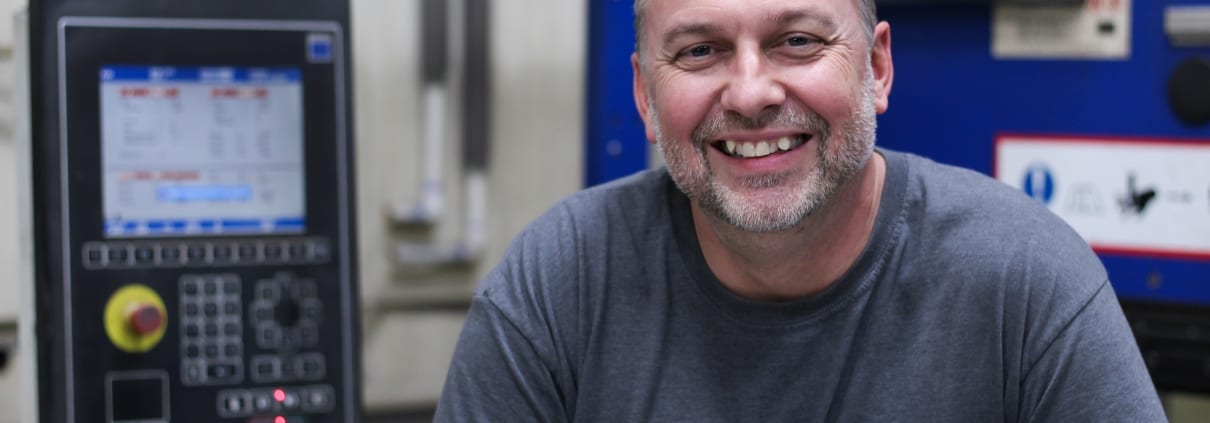In the previous installment of our Smart Fabrication Sourcing series, we explained the importance of conducting an onsite visit to get a firsthand look at a supplier’s operation. How else can you truly know if they have the necessary capabilities and quality processes to produce consistently reliable results? It’s also an opportunity to get a feel for a supplier’s culture, which is an intangible variable that is too often overlooked. In this post, we’ll offer four key culture-related questions to help you uncover what makes a supplier’s organization, employees and processes tick.
If you look at your preferred supplier list, chances are they all have one thing in common: a heathy, thriving organizational culture that fosters high quality and successful processes. But how can you evaluate the culture of new suppliers? First, it’s important to conduct an onsite visit to get a feel for their day-to-day operation.
While you’re there — or at any other point in the evaluation process — don’t be afraid to ask pointed questions that will uncover their professional integrity. Sometimes it’s best to meet potential suppliers on neutral ground or an informal setting, such as over lunch or dinner. This provides an opportunity to speak candidly and to see their personality traits in real time.
Although company culture is a subjective, intangible metric, we believe it’s a key indicator of a successful partnership. In fact, we would recommend not making a final supplier decision until you’re sure that their core values align with yours.
For conversation starters, consider these four questions:
1. What are your values? Loyalty. Quality. Timeliness. Precision. Service. Adaptability. These are all characteristics that define an organization’s values. Don’t hesitate to ask them which values matter most to them, and then carefully consider their responses. Request additional clarifications as needed. Are they responding with hollow cliches or are they being honest and sincere? Your goal is to try to uncover how they would define the term “valued partner.”
2. What is your hiring process? Today’s labor market is tight, and qualified workers are hard to find. If a supplier is willing to cut corners in the hiring process, then they likely won’t be able to consistently deliver on their promises. Without the right staff, processes are more likely to break down — and you’ll be left to pick up the pieces. If a potential supplier is selective in their hiring processes — giving equal weight to attitude and skill level (which can be taught) — you’ll be more likely to experience high-quality, long-term results.
3. What is your employee turnover rate? Workforce stability is an essential metric in determining if a supplier can consistently deliver high-quality, on-time products. It’s completely within your right to ask a potential supplier what their employee turnover rate is, how long their current staff has been employed and how committed they are to fostering a thriving, healthy workplace environment. If they freely introduce their staff and employees to you, it’s a good indication that they have nothing to hide.
4. How do you handle unexpected problems? It’s inevitable that every supplier — regardless of their experience or capabilities — eventually will encounter problems. Equipment failures, supply chain issues, or any number of unforeseen issues will surely arise. What matters is how they will respond to these challenges. Try to uncover if they’re inclined to assume responsibility and take immediate steps to make things right. Or do they seem defensive, point fingers, make excuses and shift the blame? Ask them to describe their resolution process. Is it focused on protecting their reputation, or is it geared toward minimizing impacts to your operation?
At the end of the day, you should walk away with the confidence knowing that their culture and values align with yours.
In our next Smart Fabrication Sourcing post, we’ll share what you can do to get fast, accurate, and competitive quotes from your fabrication suppliers.




